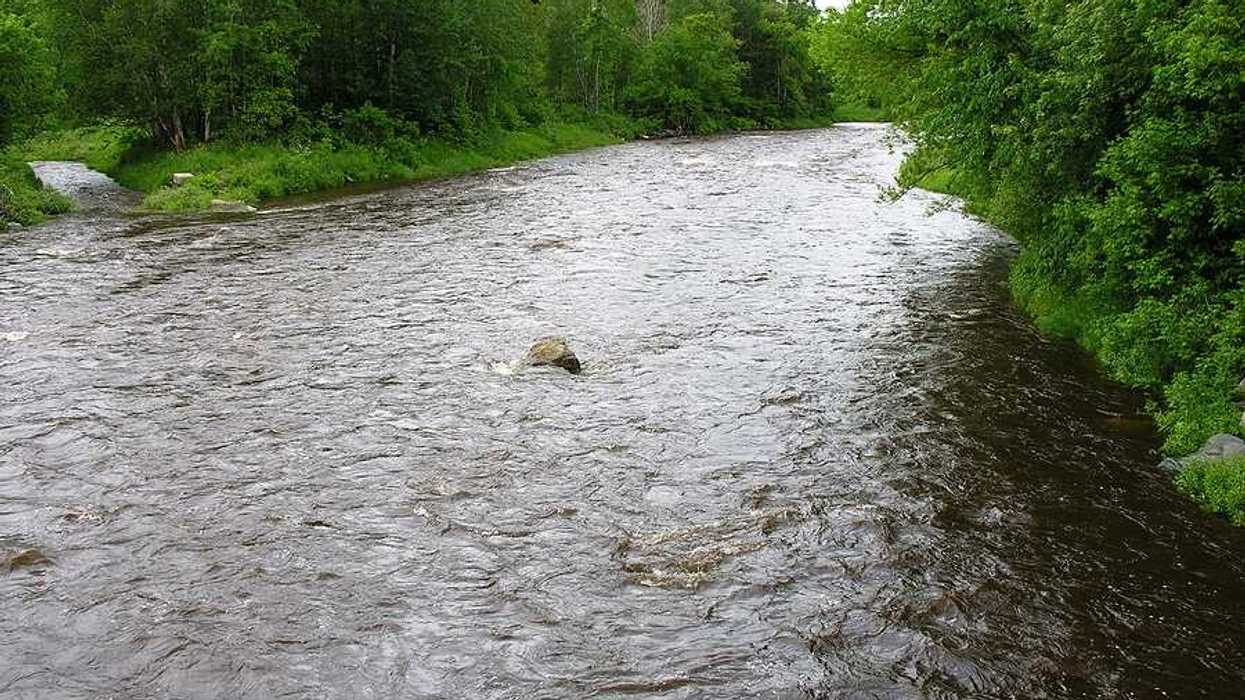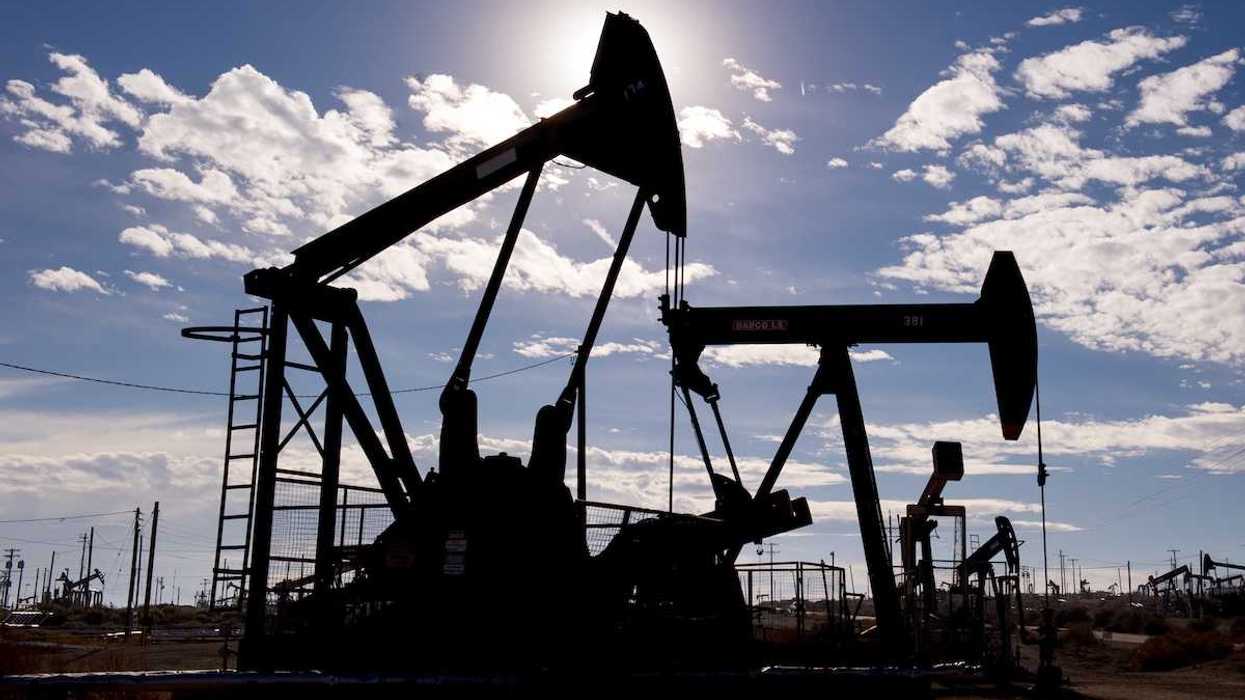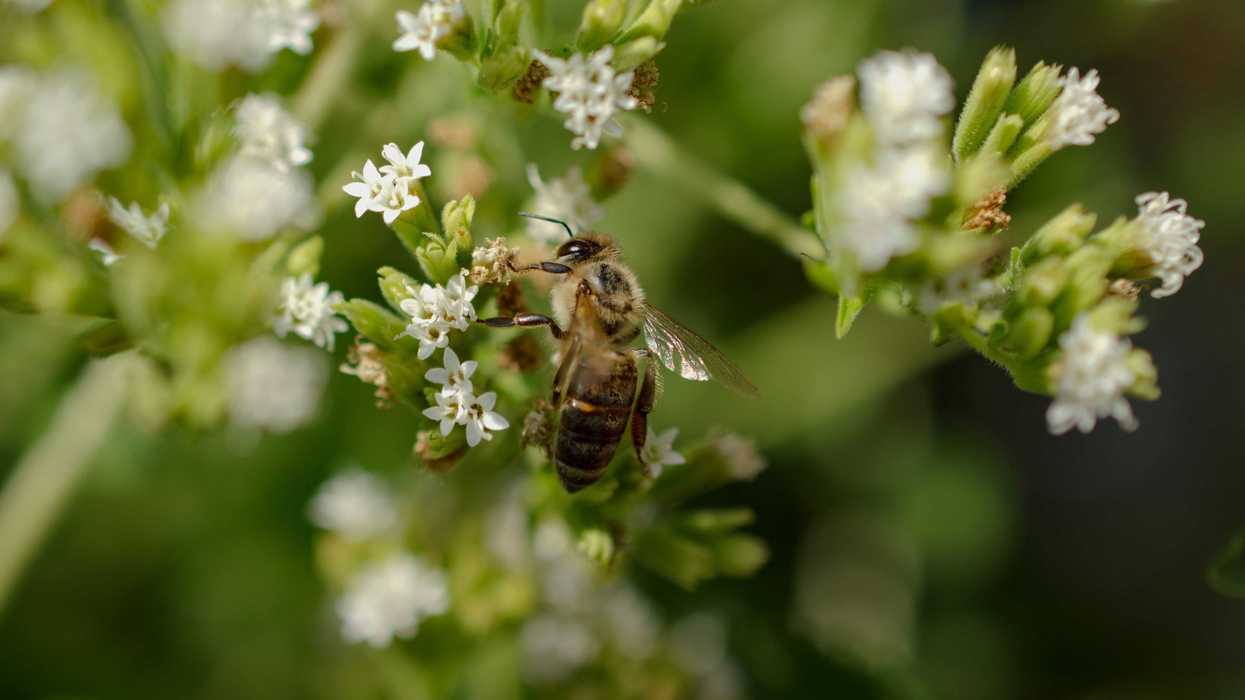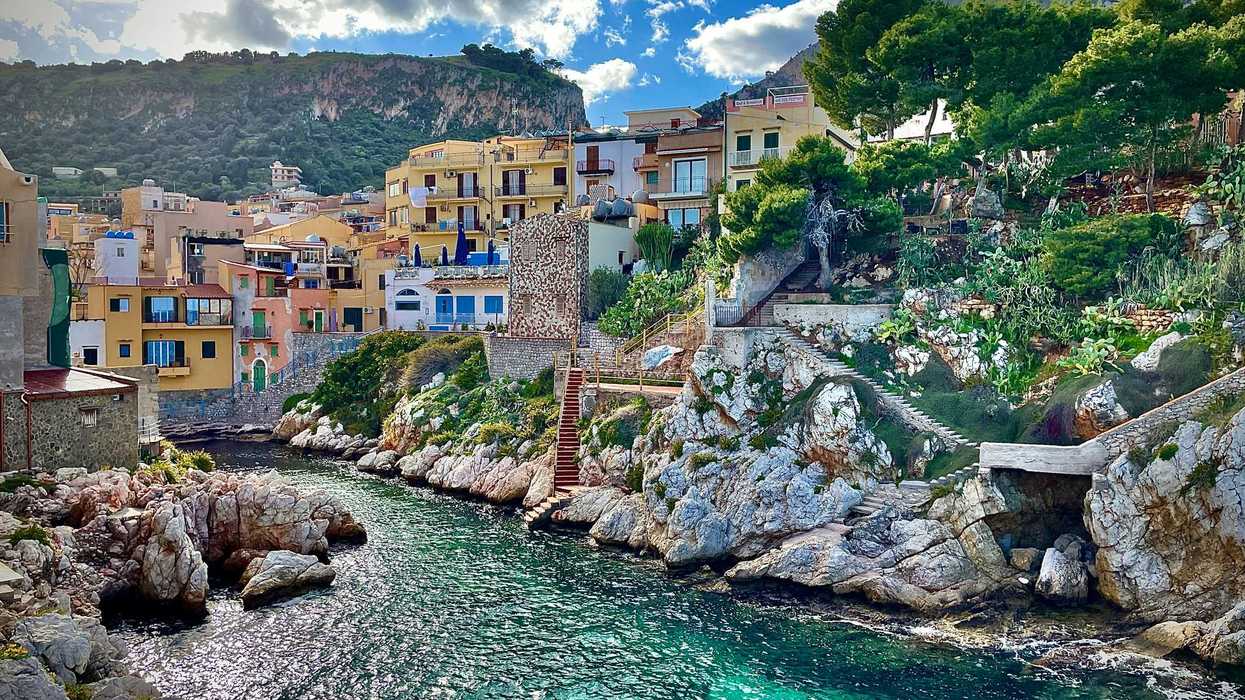Marine biologist reports the worst Great Barrier Reef bleaching seen in decades.
Sharlotte Thou and Adam Morton report for The Guardian.
In short:
- More than half of the surveyed reefs show high or severe levels of bleaching.
- Dr. Selina Ward notes unusual temperature uniformity down to 20 meters, intensifying coral stress.
- Calls for immediate greenhouse gas reductions underscore the urgency of the situation.
Key quote:
“We cannot expect to save the Great Barrier Reef and be opening new fossil fuel developments. It’s time to act and there are no more excuses.”
— Dr Selina Ward, marine biologist
Why this matters:
Corals, crucial building blocks of the Great Barrier Reef, rely on a symbiotic relationship with algae for nutrients and vibrant color. However, when stressed by warmer waters, corals expel these algae, leaving them pale and vulnerable. Bleaching events have become more frequent and severe in recent years, devastating large swaths of the reef.














